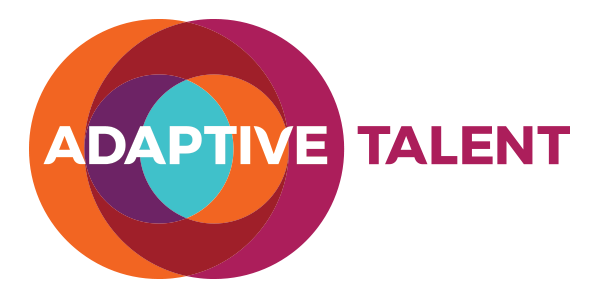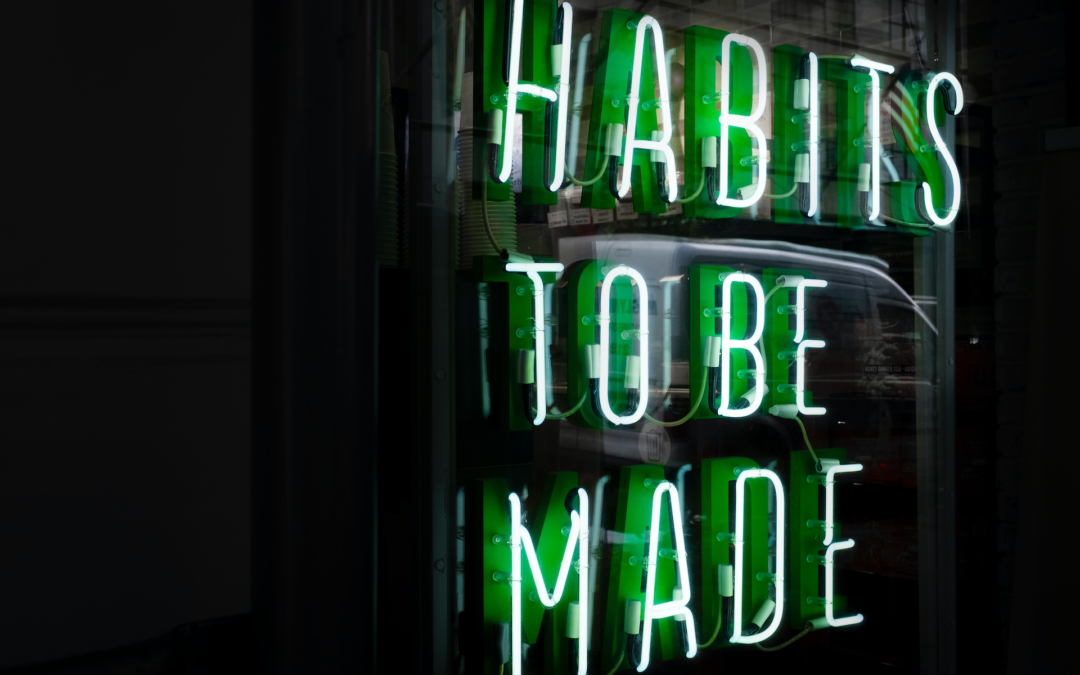Stanford psychologist Kelly McGonigal, PhD, author of The Willpower Instinct: How Self-Control Works, Why It Matters, and What You Can Do to Get More of It, speaks to the San Francisco Habit Design Meet-Up, a group of enthusiasts and professionals interested in behaviour change, motivation, healthcare, social media, and technology. This talk was designed to challenge assumptions about whether habit design and gamification are the most effective ways to create lasting change for issues ranging from obesity to addiction.
When people want a change in their life, it’s usually because they experience a problem. They want an aspirin, so to speak, so any effort to change also needs to incorporate a more holistic view of motivation, benefits, costs, habits, patterns, and options for new perspectives. Cognitive science tells us our ROI will be higher by being mindful about the path we want to choose as that allows us to use the part of our brain focused on logic and decision making. Habits come from the part of our brain that is primal and automatic; its core purpose is safety and immediate gratification.
The research is showing that creating positive habits for low effort tasks can produce long term behavioural change (i.e., flossing your teeth). However, long term, more demanding behavioural change like weight loss is more likely if we engage in a conversation with ourselves about the higher order state of being we’d like to see for ourselves: physical health, deeper emotional connections with others, openness to change, etc. This mindfulness elevates your decisions away from your habits, so to speak, allowing you to access compassion and introspection for yourself and your efforts around change. Balancing these higher order aspirations with goals for yourself can be excellent, provided you don’t burn out your long term motivation at the expense of achieving a goal. In other words, pace yourself, don’t freak out if you have a set back, and be curious about what you’re learning as you move down a new path.
As you think about the changes you want to make in your life, how are you framing these changes for yourself? How do your habits come into play, and what might be some personal techniques you can employ to try on new behaviours for longer term change? Coaching is a superb option to help you clarify where you want to aim, and to understand your beliefs and emotions that keep you stuck. In my work with clients it’s not enough to just aim; we get to cultivate awareness of our habits and how some of them – while counterproductive to our goals – are actually activated by our ego as a form of self-protection (not exposing us to situations we deem incapable of handing). Getting out of our own way is one of life’s great opportunities, and doing so with your peers as part of a leadership development and team building experience like our Adaptive Leadership Program can be fantastic. Higher trust, more laughter, more risk taking and team-first behaviours.
Photo credit: Drew Beamer
—
Adaptive Talent is a talent consultancy designed to help organizations achieve amazing results and ongoing adaptability. Founded in 2008 and based in Vancouver, Canada we offer retained search, assessments, total rewards consulting, training, leadership coaching and development programs, and culture & organizational development consulting.

